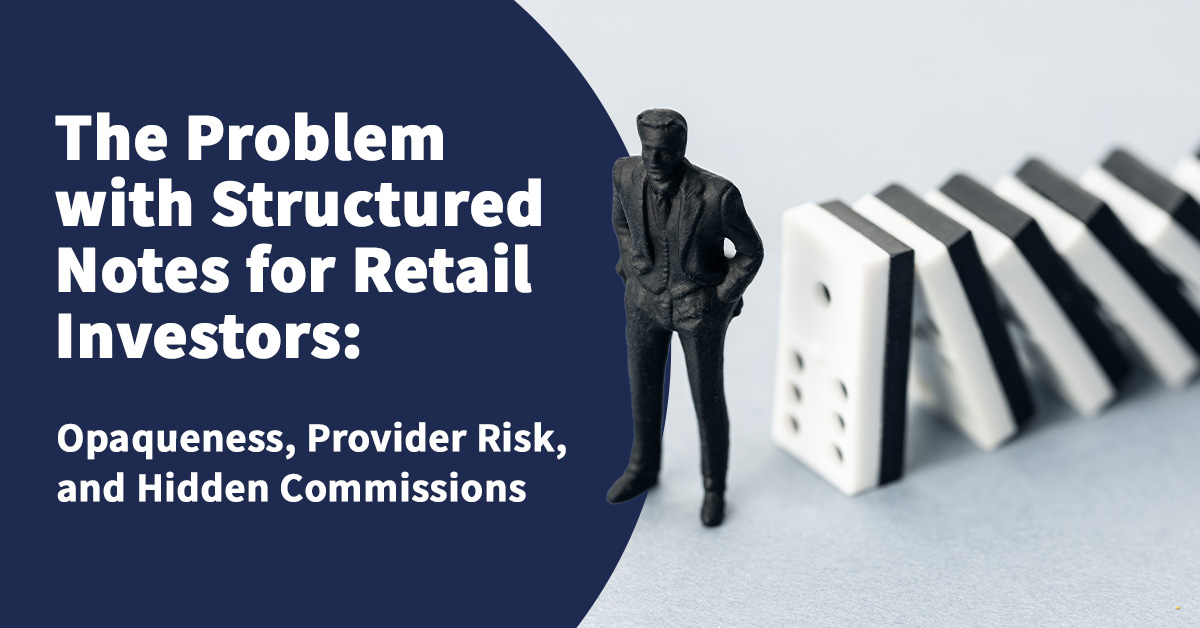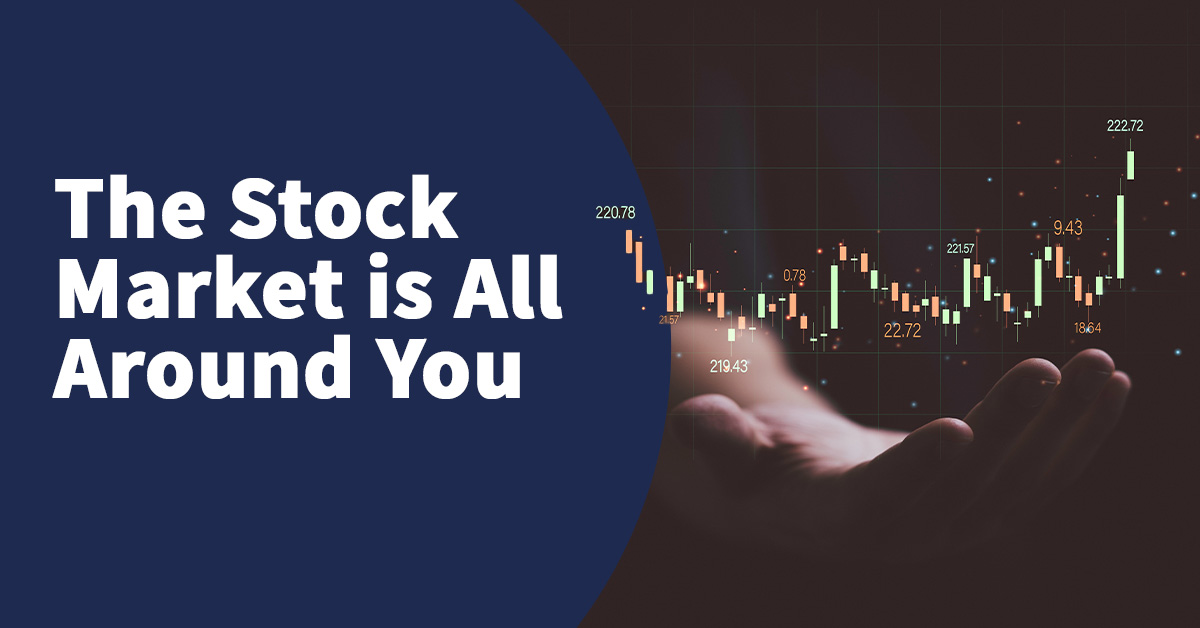When you invest, you’re exposed to different types of risk. How can different risks affect your investment returns? Risk is essentially a deviation of an expected outcome. In investing we can look at risk as a deviation of expected investment returns.
The deviation from the expected return can be either positive or negative. The probability and magnitude of the deviation is what an investor is concerned about. There are many factors that can affect risk.
Financial advisers will complete risk profile questionnaires with their clients to try and determine their attitude to risk. It is important that this is done on an individual basis as often a husband and wife investing together will have different attitude to risks.
Using a risk profiling tool can be extremely helpful, as it helps clients to consider to and understand the different risks that may be involved. So what are the main risks we should consider?
Market Risk
Market risk or systematic risk as it is also known, is risk that affects all investments in the same market. For instance, by investing in FTSE shares you take on the risks associated with that market..
So market risk refers to the risk that an investment may face due to fluctuations in the market. The risk is that the investment’s value will decrease.
Market risk contrasts with specific risk, also known as unsystematic risk, which is tied directly with a market sector or the performance of a particular company. In other words, market risk refers to the overall economy, while specific risk involves only a part.
Default/ Provider risk
Default is the failure to pay interest or principal on a loan or security when due. Default occurs when a debtor is unable to meet the legal obligation of debt repayment, and it also refers to cases in which one party fails to perform on a futures contract as required by an exchange.
There is also the risk that a deposit taker will go out of business. In many instances institutions or governments will have some protection in place for investors. For example in the UK the Financial; Services Compensation Scheme protects cash depositers in banks up to GBP80,000 each or GBP170,000 per couple, per institution. So it can be worth spreading your capital around in order to protect yourself.
Interest rate risk
Interest rate risk is the chance that an unexpected change in interest rates will negatively affect the value of an investment . Interest rate risk accounts for approximately 90% of the risk involved with fixed income investing , When it comes to borrowing for example on a mortgage variable rates can fall and fixed rates can become unattractive
Liquidity risk
Liquidity risk is the risk that arises from the difficulty of selling an asset in a timely manner. It is a measure of how easy it is to buy and sell your investments. Property is a perfect example and is considered to be an illiquid asset.
Credit risk
Credit risk is the probable risk of loss resulting from a borrower’s failure to repay a loan or meet contractual obligations the chance that a bond issuer not make the coupon payments to it its bond holders . In other words, it is the chance the issuer will default
Currency risk
Investments not denominated in the currency you require in retirement or earn in may fall due to currency exchange movements. It is essentially the risk is that there may be an adverse movement in the exchange rate of the denomination currency in relation to the base currency.
Longevity risk
Longevity is risk is the risk that funds/ pensions/savings may run out too soon. Longevity risk is an odd concept because it refers to the “risk” that a person will live longer than expected and outlive their assets. Since most people want to live longer, the real risk is that an investor will not save enough money to cover a lifespan.
Inflation risk
You hear stories how a pint of milk used to cost 20 pence. Or how a pound today is worth more than a pound tomorrow. That’s inflation at work, silently eroding your purchasing power. This includes money you have invested. If you’re investments aren’t keeping up with the inflation, you’re losing purchasing power, and money.
Political/Regulatory risk
Governments have a large effect on social stability and the economic environment for investment. There is always a risk that overseas markets become more exposed to a less stable political regulatory environment
Find out how we can help you
If you would like to understand more about this topic get in touch
Related posts
- Published On: July 8, 2024|3.2 min read|
The Problem with Structured Notes for Retail Investors: Opaqueness, Provider Risk, and Hidden Commissions
Structured notes are financial instruments that can seem attractive due to their potential for high returns and tailored investment strategies. However, they come with significant risks and drawbacks, especially for retail investors.
Read more












